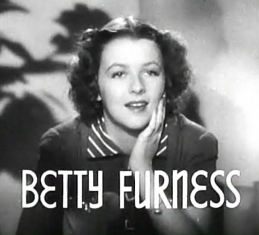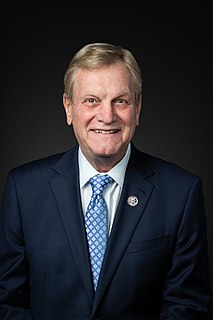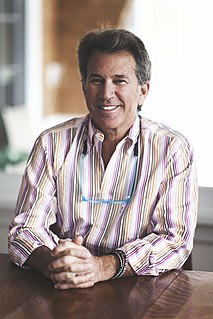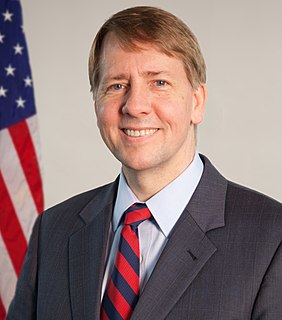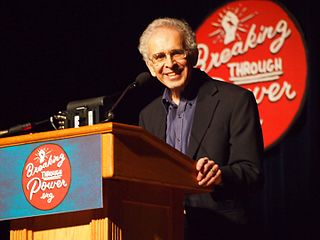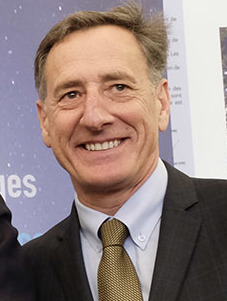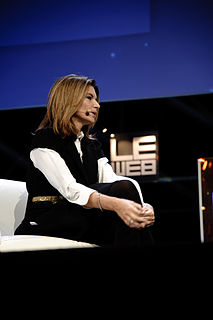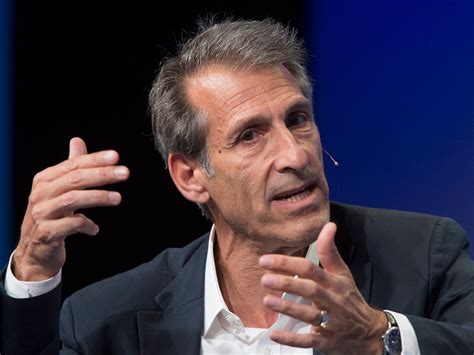Top 1200 Consumers Quotes & Sayings
Explore popular Consumers quotes.
Last updated on April 14, 2025.
Consumers will purchase high quality products even if they are expensive, or in other words, even if there are slightly reasonable discount offers, consumers will not purchase products unless they truly understand and are satisfied with the quality. Also, product appeal must be properly communicated to consumers, but advertisements that are pushed on consumers are gradually losing their effect, and we have to take the approach that encourages consumers to retrieve information at their own will.
The vision behind our idea is a world where people don't carry hazardous chemicals in their bodies, the environment is free of toxic pollutants, and the economy diligently conserves its natural resources for consumers and future generations. We want to make it easier for consumers to create this world through their purchasing decisions and everyday activities.
Inequality of wealth and incomes is an essential feature of the market economy. It is the implement that makes the consumers supreme in giving them the power to force all those engaged in production to comply with their orders. It forces all those engaged in production to the utmost exertion in the service of the consumers. It makes competition work. He who best serves the consumers profits most and accumulates riches.
Please, please, stop referring to yourselves as "consumers." OK? Consumers are different than citizens. Consumers do not have obligations, responsibilities and duties to their fellow human beings. And as long as you're using that word "consumer" in the public discussion, you will be degrading the quality of the discussion we're having. And we're going to continue being clueless going into this very difficult future that we face
We are conditioned to be consumers since birth. I still think it's kind of incumbent on us as consumers to know the difference between something that's truly progressive and something that's just trying to get us to buy a product. Capitalism, ultimately, it's not about equality, it's not about social justice.
The capitalistic social order, therefore, is an economic democracy in the strictest sense of the word. In the last analysis, all decisions are dependent on the will of the people as consumers. Thus, whenever there is a conflict between the consumers' views and those of the business managers, market pressures assure that the views of the consumers win out eventually.
No longer do companies study consumers' psyches only by asking people what they think about technology and how they use it. Now they conduct observational research, dispatching anthropologists to employ their ethnographic skills by interviewing, watching and videotaping consumers in their natural habitats.
Consumers are realizing the benefits of in-car entertainment and navigation systems. When used properly, these products are great tools that help drivers focus on the road. Consumers need to remember to follow state laws, watch the road and use common sense when putting these and other products to work.
Consumers fall in love with a brand and it's important for a brand to develop and stretch itself to provide for their consumers. I don't suspect that a customer will walk into a store to buy a pair of jeans and end up buying a sofa, but it's about providing loyal consumers with a choice to create a lifestyle.
What, then, is the effect of pesticides? Pesticides have created a legacy of pain, and misery, and death for farm workers and consumers alike. The crop which poses the greatest danger, and the focus of our struggle, is the table grape crop. These pesticides soak the fields. Drift with the wind, pollute the water, and are eaten by unwitting consumers. These poisons are designed to kill, and pose a very real threat to consumers and farm workers alike.
If old consumers were assumed to be passive, then new consumers are active. If old consumers were predictable and stayed where you told them, then new consumers are migratory, showing a declining loyalty to networks or media. If old consumers were isolated individuals, then new consumers are more socially connected. If the work of media consumers was once silent and invisible, then new consumers are now noisy and public.
For some reason, everyone says "fashion is responsible for skinny models." I don't believe that myself. I believe consumers dictate commercial success and trends in a capitalistic society. So I believe if consumers wanted to see - like, who decided that Barney the Dinosaur was going to be a million-dollar industry?
The consumers are merciless. They never buy in order to benefit a less efficient producer and to protect him against the consequences of his failure to manage better. They want to be served as well as possible. And the working of the capitalist system forces the entrepreneur to obey the orders issued by the consumers.

